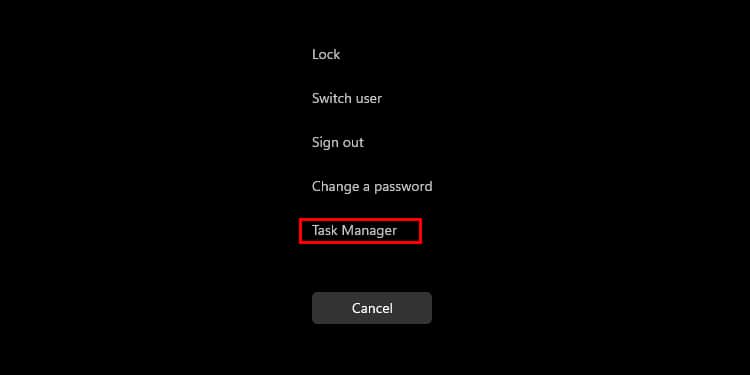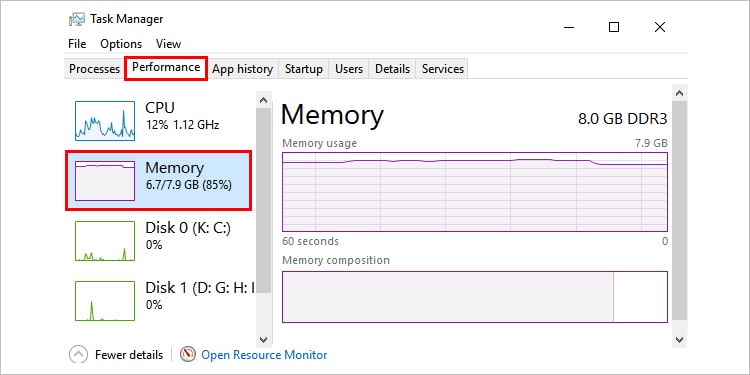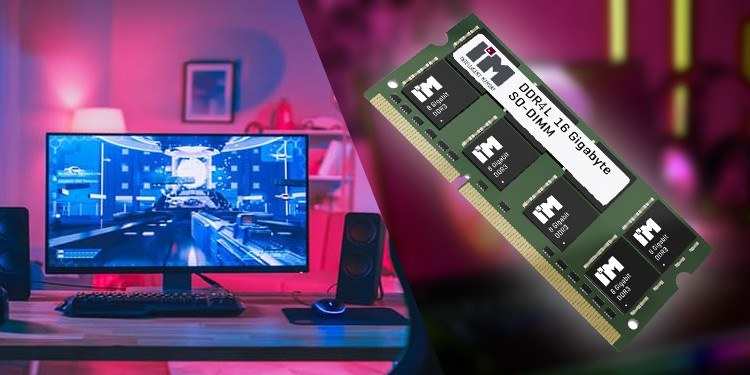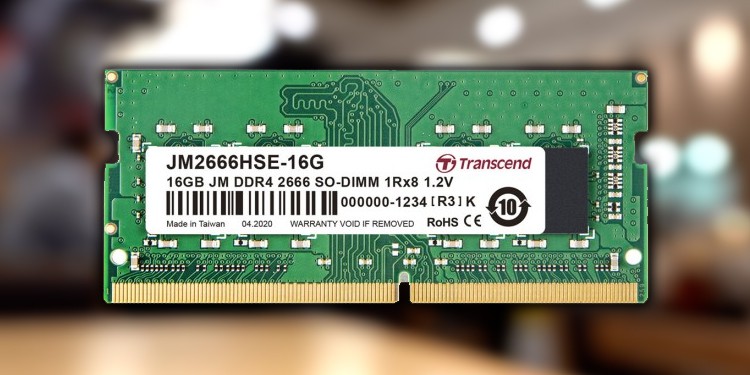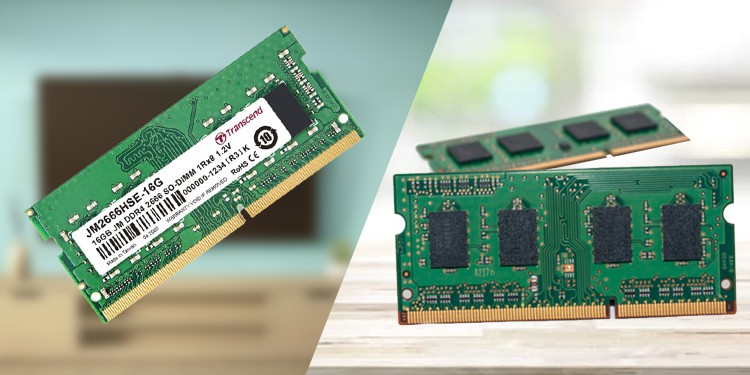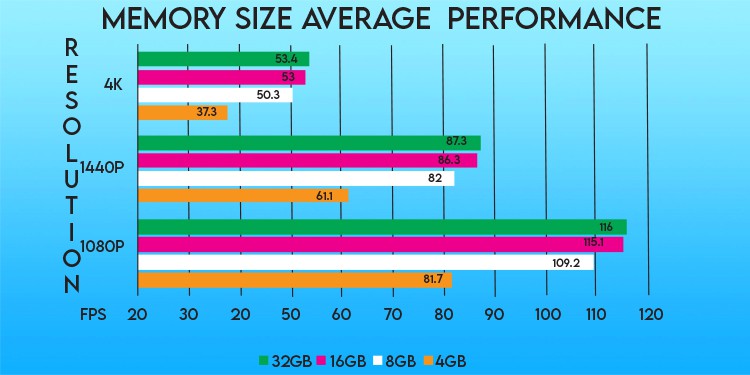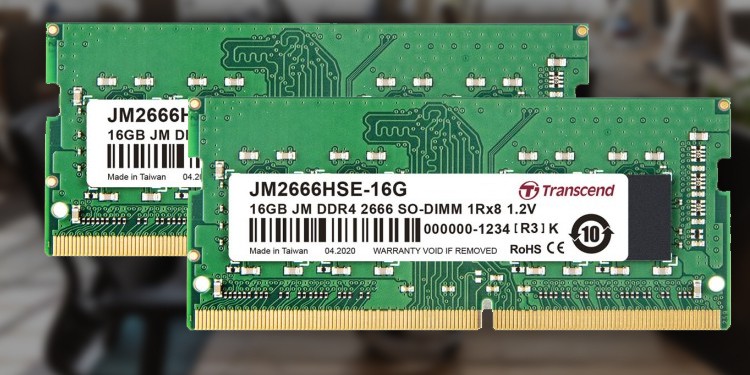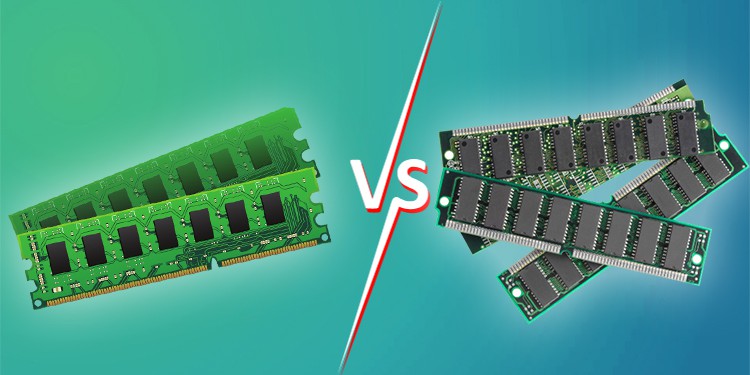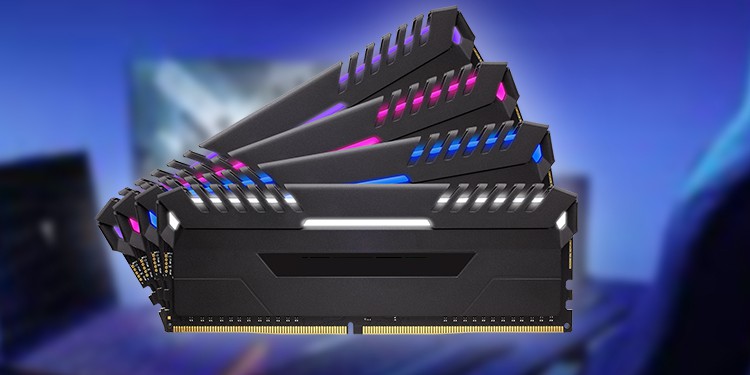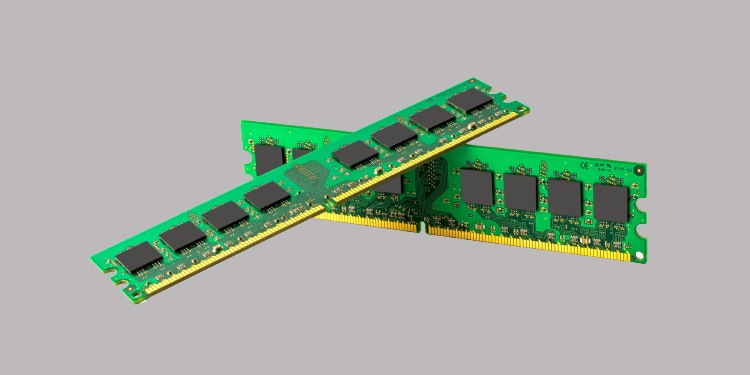Most gamers would be more than satisfied with the performance of 16GB RAM. However, there are some specific gaming use cases where having more than 16GB of RAM would be required for a stable experience. There are no exact one-size-fits-all answers regarding how much RAM you need.This article will compare the different RAM options in terms of price/performance so that you can ultimately make the right choice when building or upgrading your PC system.
How to Tell if Your Current RAM is Maxing Out?
Finding that you have a RAM-related bottleneck is incredibly straightforward. Here are the steps to do so:Keep in mind that even if a game alone uses less than 80% of your RAM, you have to factor in another 4-5 Gigabytes of RAM used by your background processes or applications such as browser tabs Discord and other apps you might run parallel to gaming. A good rule is always leaving a couple of GB of free RAM as a buffer to increase in-game FPS stability and smoothness.
Is 16GB Enough for Gaming?
Having 16GB of RAM is the golden standard for current PC gaming builds. Since RAM has become much more affordable over the last few years, running anything less than 16GB for modern games makes little sense. Even if your other PC parts are up to par, having anything less than 16GB will give you plenty of micro freezing and in-game stuttering. To bring things into perspective Modern titles like Cyberpunk and the latest Call of Duty versions all list having 8GB of RAM as a minimum requirement, and 16 GB RAM as their recommended.If you plan to play low to moderately intensive games like League of Legends or Minecraft, then anything above 8GB of RAM will not yield you any in-game performance boost. So while you can get away with just having 8GB of RAM, you will find that many of the more demanding modern games will start to freeze and stutter as they max out on the 8GB RAM limit.If your PC has 16GB of RAM you can rest assured that any modern gaming title will run smoothly, and you will not be facing any significant FPS drops due to lack of RAM.
Pros of 16GB RAM for Gaming
Who Should Buy 16GB of RAM?
The person for 16GB of RAM is most suitable is the budget-minded individual that likes to spread their PC building or upgrade budget as efficiently as possible by not overspending in a single hardware category. You will get the most FPS for the price spent by going for 16GB of RAM. While no current games exceed 16GB of RAM usage in the year of 2022, this might quickly change in the next coming years as GPUs and game engines become more sophisticated and demanding.
16GB RAM Vs 32GB RAM
Regarding budget and mid-range gaming solutions, you will be hard pressed to justify the price increase from 16 to 32 GB of RAM. This is because almost all current games are optimized to run smoothly by using less than 16 GB of RAM. Very few AAA titles in between sometimes come close to 16GB of RAM usage, especially with resolutions ran higher than 1080p. The in-game FPS gain you will receive when upgrading from 16 to 32GB of RAM would be quite underwhelming. Almost all benchmarks comparing 16GB vs 32GB RAM often show just a couple of FPS increases for using 32GB. So to the average gamer the only noticeable performance difference would be the speed and responsiveness when you are switching up between applications and multitasking during gameplay.In some rare instances the in-game 1% and 0.1% lowest Frame Rate times would also go up, increasing the overall smoothness of your gameplay. This is especially noticeable if you are running high refresh rate monitors. If you successfully raise the 1% lowest frame rates during gameplay, this would mean that the game looks much more dynamic and fluid. Gamers often get fixated on the average FPS, which is incredibly important.
Pros of 32GB RAM for Gaming
What User Should Get 32GB of RAM?
Having 32GB RAM would best fit into your gaming build if you already have top-of-the-line GPU, CPU, and other hardware parts. In that case, you can rest assured that no matter what type of gaming you do, you will never face any downsides of not having enough RAM. In general getting 32GB of RAM is a fantastic way to future proof your system for the coming years.With 32GB of RAM you would also be in an excellent place to use other RAM intensive tasks such as video processing for example.Lastly, if you are a streamer, you will find that 32GB of RAM is the ideal way to go, as this allows you to stream any gameplay at better performance compared to a streamer with just 16GB of RAM.
32GB Vs 64GB RAM for Gaming
Whilst having 64GB of RAM next to your PC build specs might be impressive for your friends, your gameplay FPS will see no tangible difference between 32GB and 64GB of RAM. As many benchmarks have promptly shown in the year 2022, having 64GB of RAM just for gaming, no matter at what resolution, settings, or game would yield diminishing performance returns. At this point, your budget could be better allocated to upgrading your GPU, CPU or other components (if you are strictly looking for better gaming performance).
Who Should Get 64GB of RAM?
If you are a music producer, use heavy 3D modeling software, game development engines and even run physics or AI simulations, then 64GB of RAM might be a necessity. RAM-intensive tasks such as rendering 4k or 8k video will quickly eat up almost all that 64GB of RAM. In short, any PC enthusiast or professional seeking to utilize RAM-heavy specialist software should definitely look into getting 64GB of RAM
Can We Mix Two RAM Sticks?
Due to the way that RAM works, you can mix different brands, RAM speeds and sizes of the RAM sticks. Your system will still boot up as usual.This doesn’t mean that its recommended to do so for several reasons. When you are running mismatching RAM of different sizes, then the memory will automatically be forced to run in SDR or lower performing single data rate mode.Mismatched RAM will also run in single-channel mode, which is significantly slower in terms of bandwidth capability as well as memory timing, compared to the recommended setup of having ram in dual-channel mode.If you use the same gigabyte capacity for your RAM sticks, but suppose they are at different speeds, then your system will always limit the RAM speed to the slowest installed. This means that if you have one 3200MHz stick and another 1600MHz RAM stick, then your system will run both at just 1600 MHz.So as a rule of thumb, always try to get the same size and speed (and preferably brand) when putting RAM into your system.
